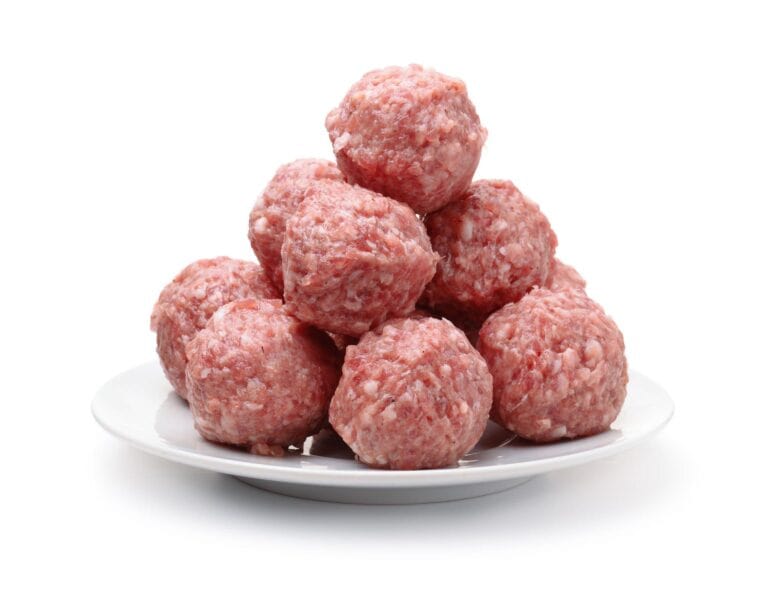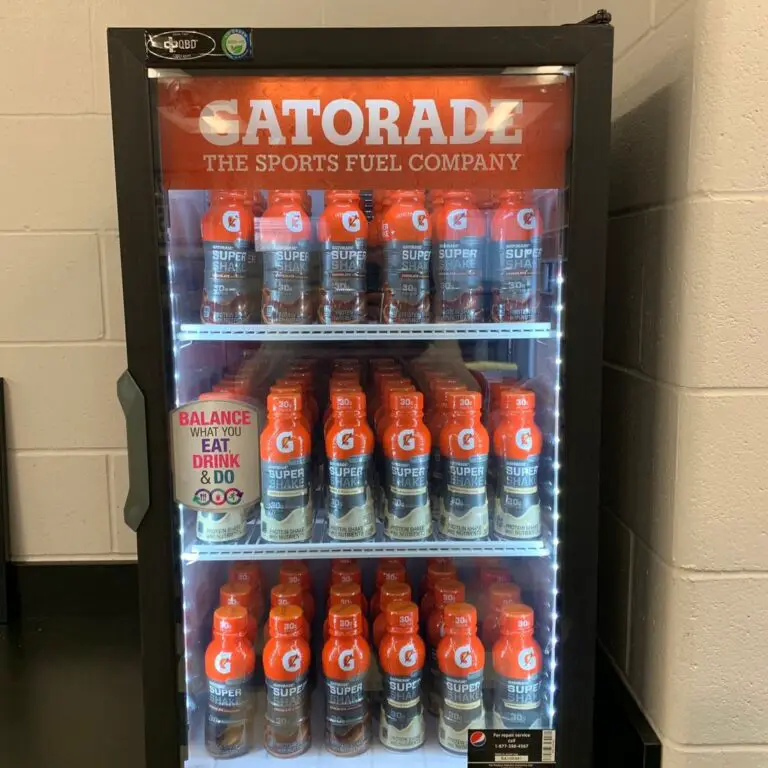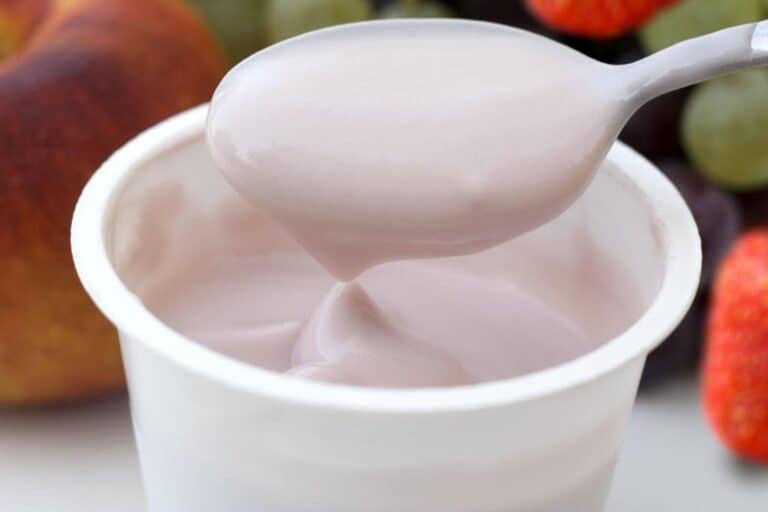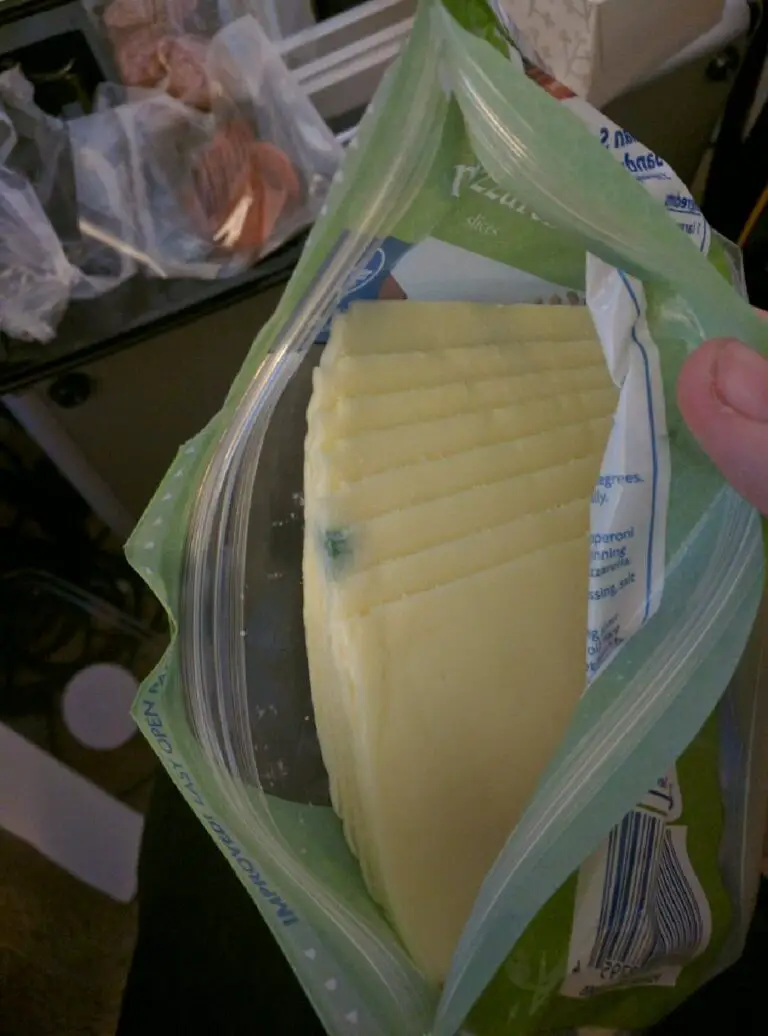Can You Eat Popcorn on Ekadasi? A Guide to Fasting-Friendly Foods

Ekadasi—this word carries weight, doesn’t it? For those familiar with Hindu customs, it’s not just another day on the calendar. Ekadasi is a spiritual checkpoint, a day to hit pause on the mundane and reflect. But with this pause comes the big question: “What can I eat?” And then there’s popcorn. Simple, light, and undeniably satisfying. But does this fluffy snack pass the Ekadasi test?
The Spiritual Significance of Ekadasi
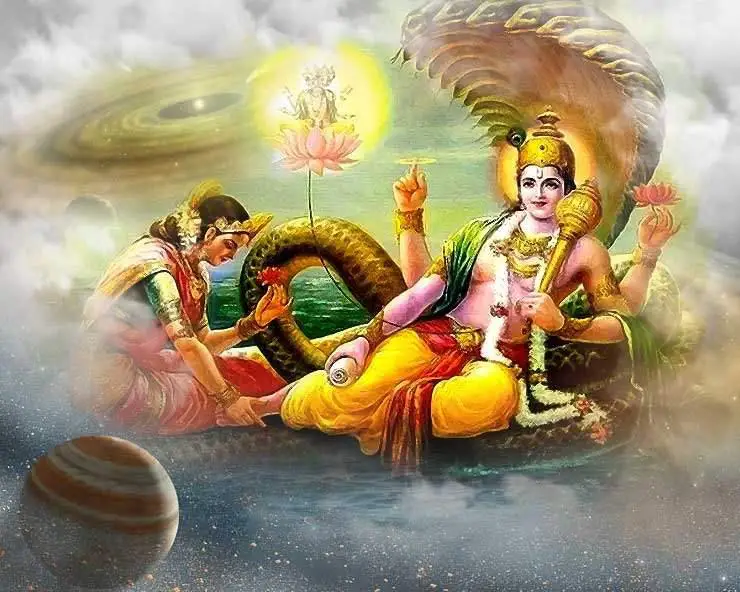
Before diving into the specifics of popcorn, let’s talk about Ekadasi itself. This day, which comes twice a month, holds a special place in the heart of those who follow Hindu traditions.
Ekadasi is the eleventh day of the lunar cycle and is considered a day for fasting and spiritual introspection. The idea is to cleanse not just the body, but the mind and soul too. It’s a day dedicated to devotion, meditation, and reconnecting with the divine.
Fasting on Ekadasi isn’t just about skipping meals; it’s about breaking free from the chains of material cravings and focusing on the spiritual journey. The food you consume—or abstain from—plays a crucial role in this purification process. But here’s where it gets tricky: the rules around what you can and cannot eat can sometimes feel like a maze.
Ekadasi Fasting: The Do’s and Don’ts
So, what’s on the menu, and what’s off-limits? Traditionally, the rules are clear:
- Grains and cereals: Rice, wheat, and any other grains are a no-go.
- Legumes: No beans, lentils, or pulses.
- Certain vegetables: Some people avoid specific veggies like tomatoes, eggplant, and spinach.
- Certain spices: Mustard seeds and asafetida (hing) are typically avoided.
But here’s the twist: fruits, dairy products, and nuts are generally allowed. Tubers like potatoes and sweet potatoes are also usually on the okay list. But what about that bowl of popcorn? Let’s dig in.
Popcorn: A Grey Area
Popcorn seems innocent enough, right? It’s just corn kernels that puff up when heated. But on Ekadasi, even the most basic foods can come with a side of doubt. Corn itself is a grain, and as mentioned earlier, grains are traditionally avoided on Ekadasi. But does popcorn count as a grain, or is it just a fun snack that gets a pass?
The Grain Debate
Let’s break it down:
| Food Item | Ekadasi Status | Reasoning |
| Rice | Not allowed | Rice is a grain and is explicitly forbidden. |
| Wheat | Not allowed | Wheat is another grain that’s off-limits. |
| Corn (whole kernels) | Not allowed | Corn is technically a grain, so it’s avoided. |
| Popcorn | Controversial | Some consider it a grain; others see it as okay. |
Popcorn falls into that murky middle ground. Technically, it’s made from corn, which is a grain. But when popped, it transforms into something entirely different—light, airy, and far removed from its original form. This transformation has led some people to argue that popcorn should be allowed on Ekadasi because it’s not like eating corn on the cob or cornbread. However, others stick to the strict interpretation and avoid it altogether.
My Ekadasi Popcorn Journey
I’ll be honest—when I first started observing Ekadasi, I was baffled by the rules. As someone who loves food, the idea of cutting out whole categories of my diet twice a month felt daunting. Popcorn, with its warm, buttery aroma, was my go-to snack for movie nights, and the thought of giving it up on Ekadasi seemed like a cruel joke.
But the more I delved into the spiritual reasoning behind Ekadasi, the more I understood the significance of these dietary restrictions. They’re not just about abstaining for the sake of it; they’re about discipline, mindfulness, and honoring the day’s spiritual purpose.
Ekadasi: The Spiritual Fast
Ekadasi is observed twice a month, on the eleventh day of both the waxing and waning moon. It’s not just a day of fasting but a day of detoxing—both physically and spiritually. On this day, devotees abstain from grains, beans, and certain vegetables. It’s a time to clear out the clutter, not just in your kitchen but in your mind too.
But here’s the kicker: Fasting on Ekadasi isn’t as simple as “don’t eat this, don’t eat that.” The rules around what’s allowed and what’s not can sometimes feel like trying to navigate a maze blindfolded. And that brings us to popcorn—one of those gray areas that makes you scratch your head.
The Popcorn Dilemma
Popcorn, the snack that has seen us through countless movie marathons, late-night cravings, and even those awkward first dates. But when Ekadasi rolls around, the innocent popcorn suddenly becomes the subject of scrutiny. Can you eat it? Or will munching on a handful break your fast?
Read: Can You Eat Popcorn on 21 Day Sugar Detox?
Understanding the Ekadasi Diet
Before we pop into the specifics of popcorn, let’s take a step back and understand why the Ekadasi diet is so particular. The Ekadasi fast traditionally excludes grains and pulses because they’re considered to have a tamasic (dull or inert) effect on the mind. The idea is to avoid foods that could hinder your spiritual focus, leaving you feeling sluggish or less alert.
The food categories typically avoided on Ekadasi include:
- Grains: Rice, wheat, barley, corn, etc.
- Pulses: Beans, lentils, chickpeas.
- Certain Vegetables: Onions, garlic, and certain leafy greens.
- Spices: Hing (asafoetida), mustard seeds.
So, Where Does Popcorn Stand?
Now, popcorn is made from corn kernels. Corn is a grain, and grains are generally a no-go on Ekadasi. So, on the surface, it seems like popcorn should be off the table—quite literally.
But hold your horses! Not all grains are created equal. The way corn is processed into popcorn strips it down to just the kernel, which is mostly starch. Some interpret the rules to mean that since popcorn is just the puffed kernel and lacks the grain’s husk, it might be acceptable.
Traditionalists vs. Modernists
Here’s where the debate heats up. Traditionalists would argue that since popcorn comes from corn, it should be avoided. After all, why toe the line when you can stay safely within it?
On the other hand, some modernists believe that popcorn can be an acceptable snack on Ekadasi, especially if it’s prepared without salt or butter, which are also often avoided during fasting. Their argument is that the spirit of Ekadasi is about simplicity and mindfulness, and popcorn, when eaten plain, fits that bill.
A Table to Break it Down
Let’s put this into a simple table to see where popcorn fits compared to other typical Ekadasi foods:
| Food Item | Allowed on Ekadasi? | Reason |
| Rice | No | Grain—avoided due to tamasic qualities |
| Potatoes | Yes | Vegetable—provides energy without grains |
| Popcorn | Debatable | Derived from corn; may be allowed if plain |
| Sabudana (Tapioca) | Yes | Made from cassava root, not a grain |
| Fruits | Yes | Naturally sattvic and energizing |
Navigating the Gray Area
If you’re like me, you might find yourself standing in the kitchen, holding a bag of popcorn, wondering if you should risk it. The truth is, the rules can vary based on personal beliefs, regional practices, and even family traditions.
For some, the safest route is the strict one—avoid it if there’s any doubt. But for others, the focus is on the intent behind the fast. If your aim is to keep your mind clear and avoid heavy, tamasic foods, a small portion of plain popcorn might be acceptable.
Alternatives to Popcorn
If you decide to play it safe and skip the popcorn, there are plenty of other snacks you can enjoy on Ekadasi without breaking a sweat. Here are a few that fit the bill:
- Fruits and Nuts: Nature’s original snacks, they’re both filling and nutritious.
- Sabudana Khichdi: Made from tapioca pearls, this dish is a go-to on Ekadasi.
- Potato Chips (Homemade): Slice some potatoes, fry them up, and enjoy with a sprinkle of rock salt.
- Rajgira (Amaranth) Porridge: Another grain-free option that’s satisfying and hearty.
- Coconut Water: Hydrating and refreshing, it keeps you feeling light and energized.
A Personal Take
Personally, I’ve had my fair share of popcorn debates over the years. In my household, we err on the side of caution and skip it on Ekadasi. But I have friends who swear by their plain popcorn as their go-to Ekadasi snack. The key is to do what feels right for you. If eating popcorn on Ekadasi causes you even a sliver of doubt or guilt, it’s probably better to pass. Fasting should bring peace, not stress.
Wrapping It Up
So, can you eat popcorn on Ekadasi? The answer isn’t black and white—it’s more like a 50 shades of gray situation. It depends on your interpretation of the rules, your personal beliefs, and what feels right to you.
At the end of the day, Ekadasi is about more than just what’s on your plate. It’s a time to focus on spiritual growth, self-discipline, and inner peace. Whether you choose to include popcorn in your Ekadasi routine or not, the most important thing is to approach the day with sincerity and mindfulness. So, if popcorn makes the cut for you, enjoy it mindfully. If not, there are plenty of other tasty, Ekadasi-friendly options to satisfy your cravings.
Ekadasi Dos and Don’ts: A Quick Recap
- Do: Focus on simplicity and purity in your food choices.
- Don’t: Stress too much over the rules—stay true to the spirit of the fast.
- Do: Consider alternatives if you’re unsure about certain foods.
- Don’t: Forget that Ekadasi is about spiritual growth, not just dietary restrictions.
Remember, Ekadasi is your time to reset, reflect, and recharge. Whether you do that with a bowl of popcorn or a plate of fruits is up to you. Just keep it light, keep it pure, and most importantly, keep it peaceful.

